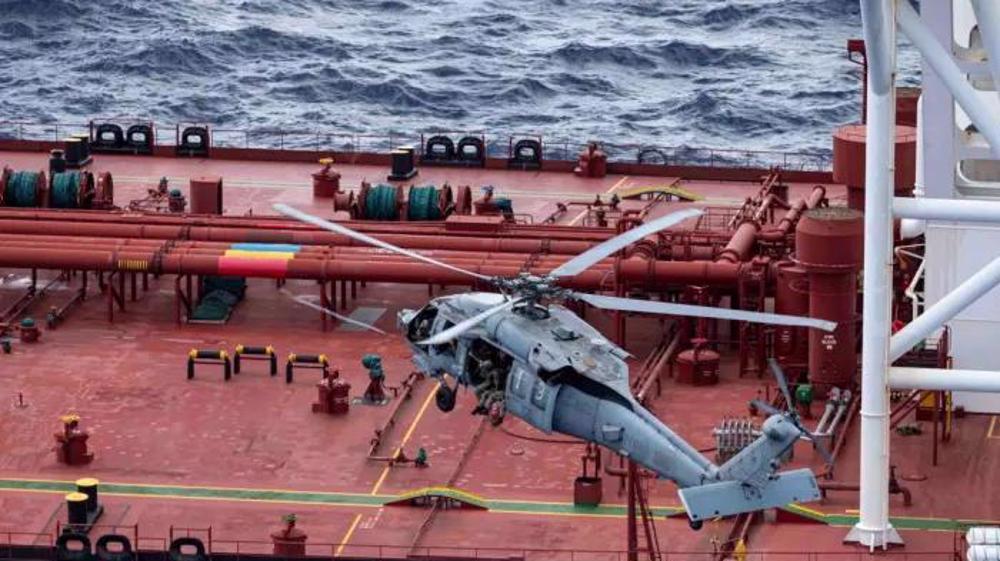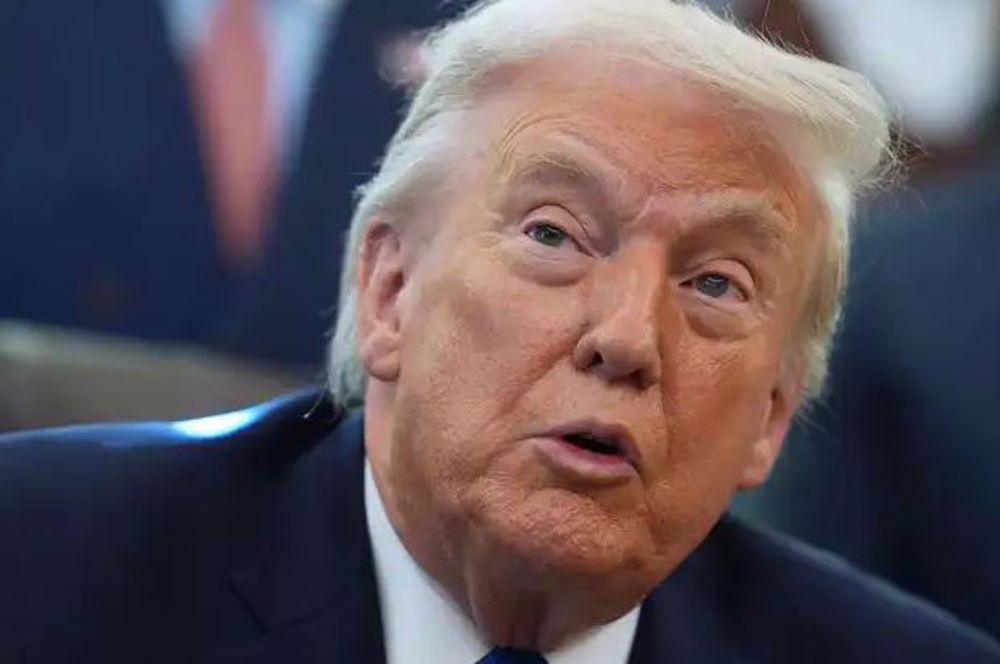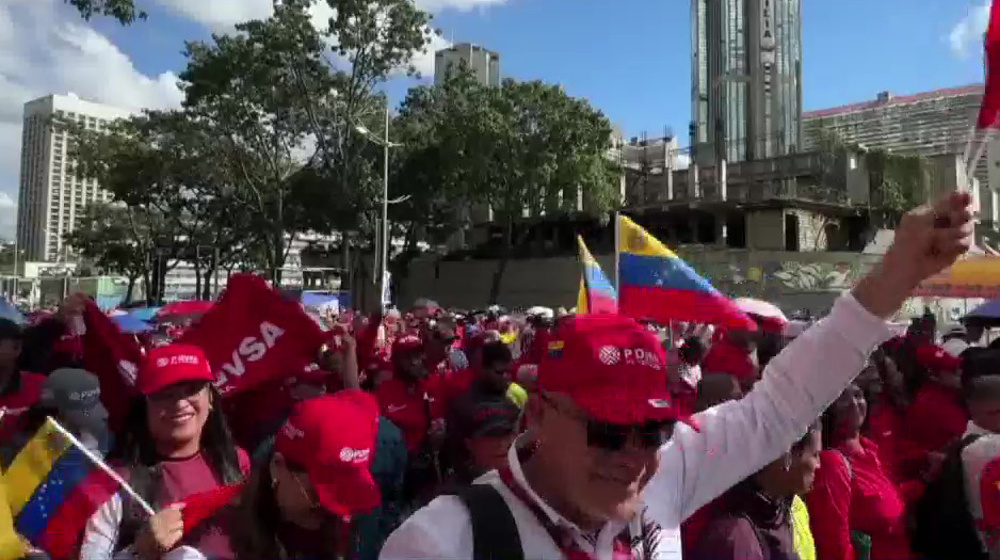Venezuela opposition plans strike; US threatens action
Venezuela’s opposition has called for a general nationwide strike to increase pressure on President Nicolas Maduro.
Opposition leaders on Monday revealed plans to further resist Maduro on the heels of a Sunday symbolic referendum against the president's plan to rewrite the constitution.
“We call on the whole country to launch a 24-hour national strike this Thursday, a massive, non-violent protest,” Freddy Guevara, an opposition leader and the vice-president of Venezuela’s National Assembly, said.
The strike would aim “to pressure the government and to prepare for the final steps, which will be next week, to confront this fraud... and to restore constitutional order,” he said, in reference to the constitution rewrite bid.
But it was not clear how many Venezuelans would heed the call.
The opposition also plans to name new members to the government-dominated Supreme Court and take steps to form an alternative “government of national unity,” raising the possibility of a parallel state structure.
Meanwhile, US President Donald Trump has called on Maduro to heed the results of the Sunday symbolic plebiscite, which had been boycotted by government supporters.
The unofficial referendum came two weeks before an official vote to create a legislative assembly that would rewrite Venezuela’s 1999 constitution.
“The United States will not stand by as Venezuela crumbles,” Trump said in a statement on Monday. “If the Maduro regime imposes its Constituent Assembly on July 30, the United States will take strong and swift economic actions,” he said, referring to the date of the elections for the government-planned assembly.

Maduro, however, vowed to press ahead with the vote, saying he “won’t be intimidated.”
Venezuela’s opposition said more than seven million people voted in the symbolic vote, which was dismissed by the president as unconstitutional.
Read more:
The South American nation of 30 million has recently been the scene of protests, which initially broke out after the Supreme Court stripped the opposition-controlled parliament of its powers in April. The move unleashed long-simmering anger and sparked the fiercest protests against Maduro in three years.
While that decision was later revoked, protests have only continued.
Maduro is also blamed by his opponents for Venezuela’s economic woes. People have been facing acute shortages of foodstuffs and medicine in recent months and looting has been repeatedly happening in the country.
The Venezuelan president, however, blames the crisis on foreign powers seeking to wage an economic war against his government.
The engineering feat behind Iran’s record gas output
VIDEO | Press TV's news headlines
Freedom of speech, right to protest under assault in UK
Border guards seize cache of weapons, ammunition near Iran-Afghanistan border
Grok to power classified programs as Musk's xAI secures deal with Pentagon
Iraqi FM tells US envoy: Government formation ‘internal matter’
Israel killed Gaza aid workers in ‘execution style’ massacre in 2025: Report
Participation shrinks at Israeli arms expo in wake of Gaza genocide: Report










 This makes it easy to access the Press TV website
This makes it easy to access the Press TV website